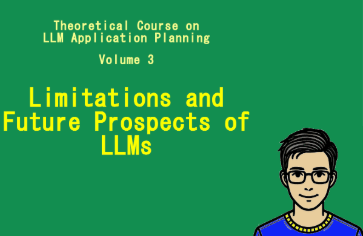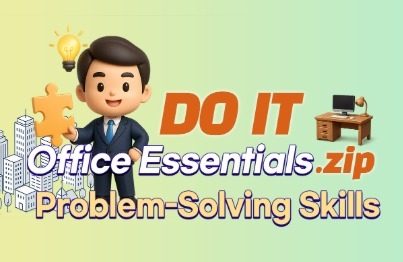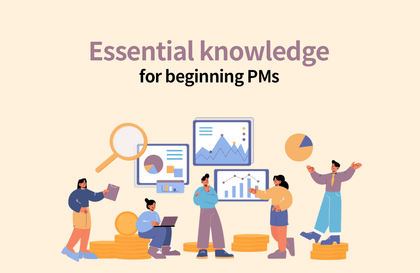
Essential knowledge for PMs who are just starting out
seonsin25
$72.60
28%
$51.70
Basic / Project Management (PM), Service Planning, RFP, WBS
4.8
(172)
This lecture is for those who are aiming to become PM (Project Manager) and those who have become PMs without sufficient preparation. We will help students accurately understand the role and scope of work of PM, understand the entire IT project process, and then perform the performance skills for each process well based on vivid experiences in the IT field. In addition, we have prepared the lecture so that it can be applied immediately to actual work by providing samples of documents that PMs write or manage among IT outputs.
Basic
Project Management (PM), Service Planning, RFP


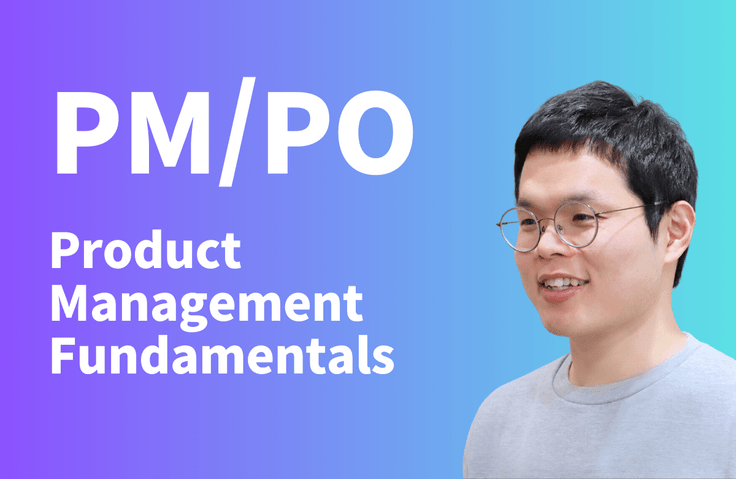

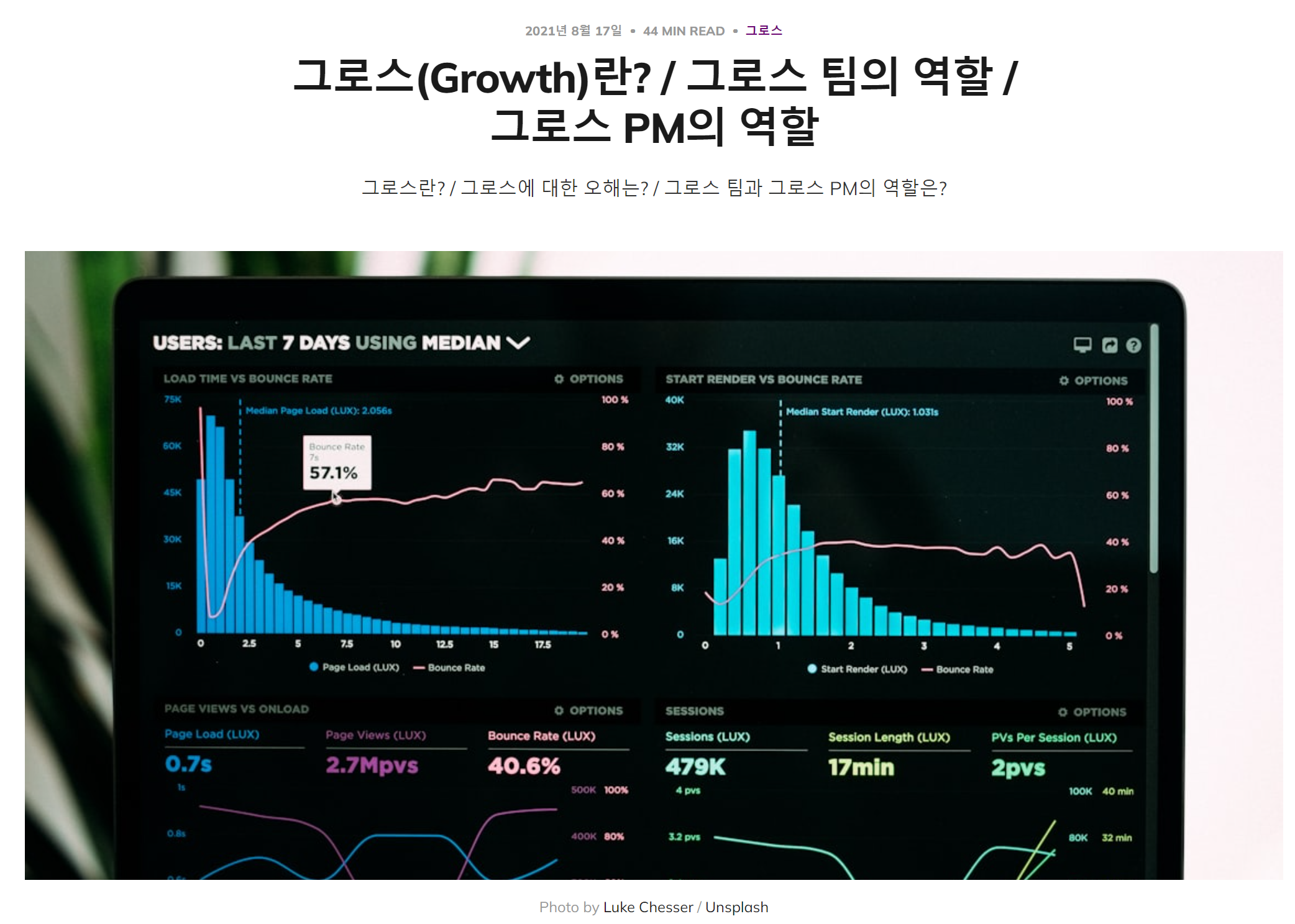

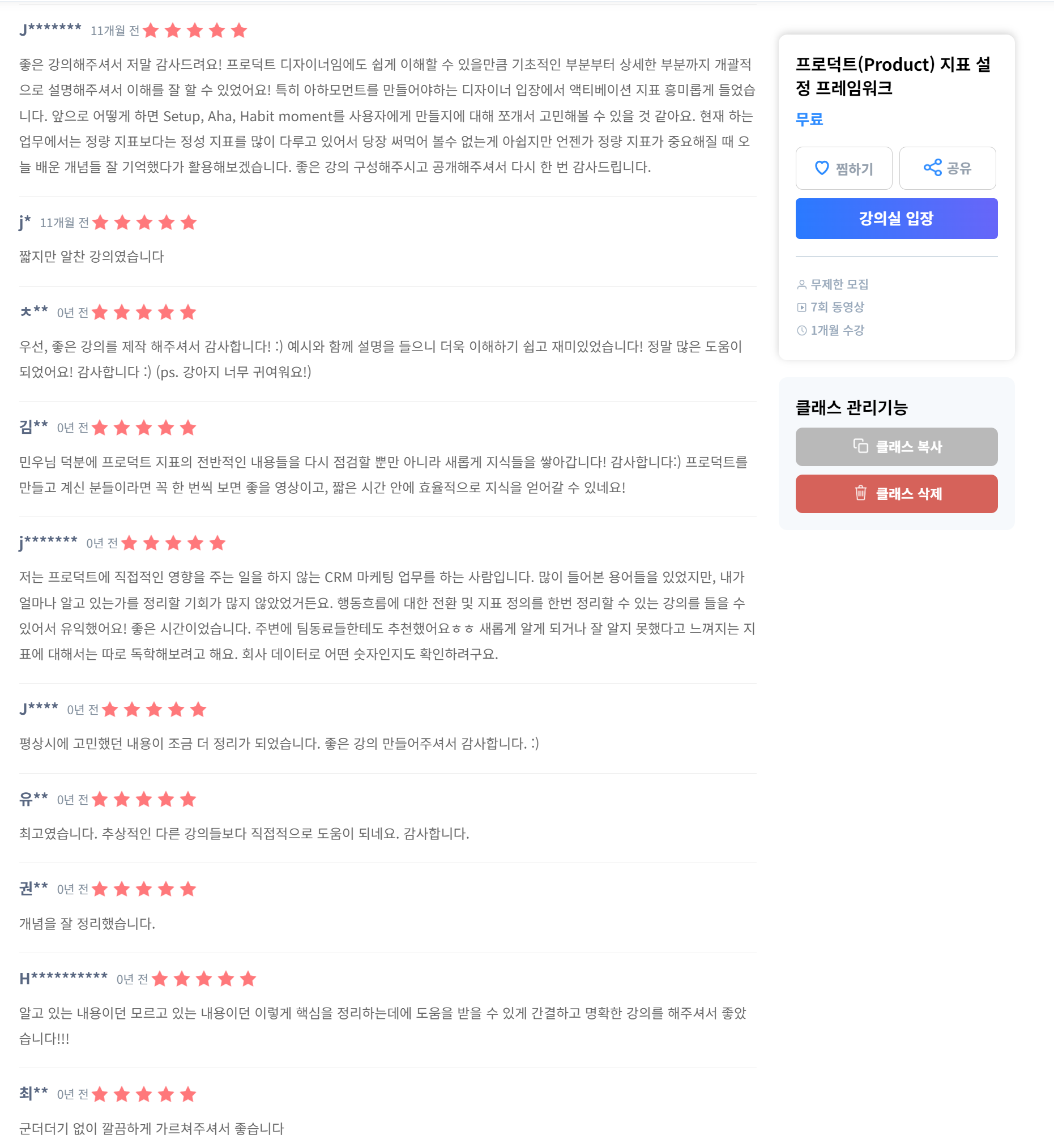
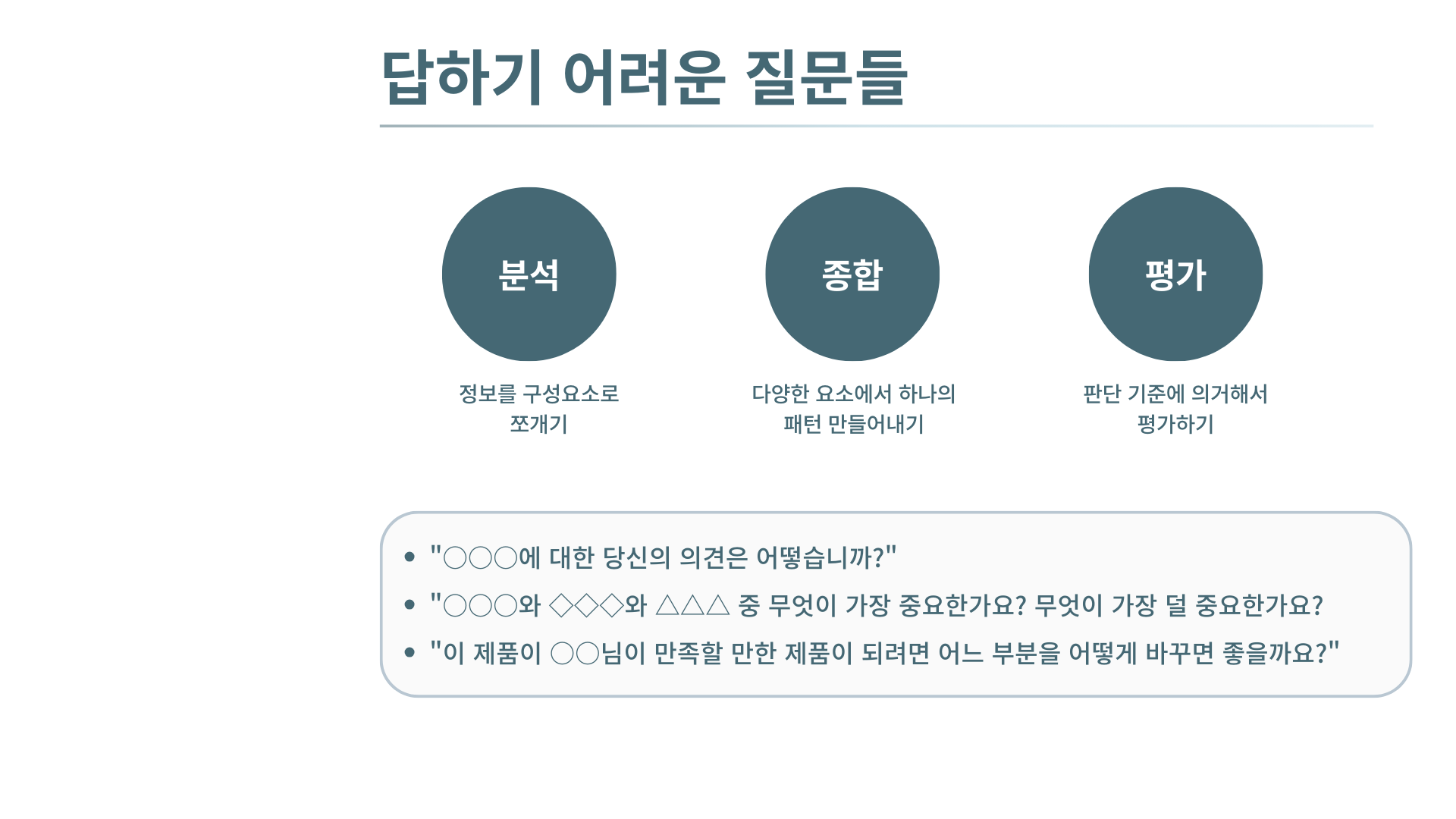
.png)
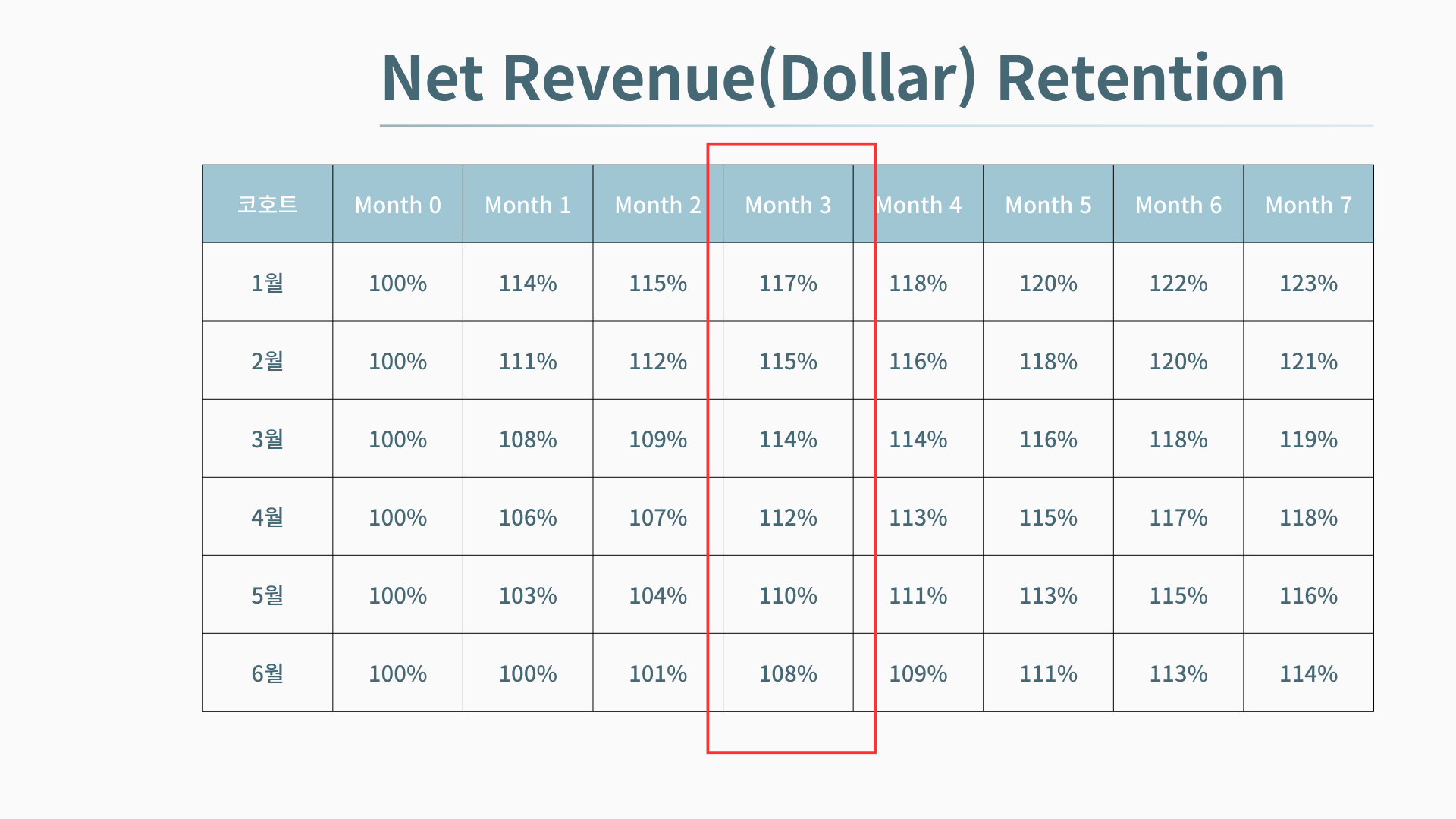
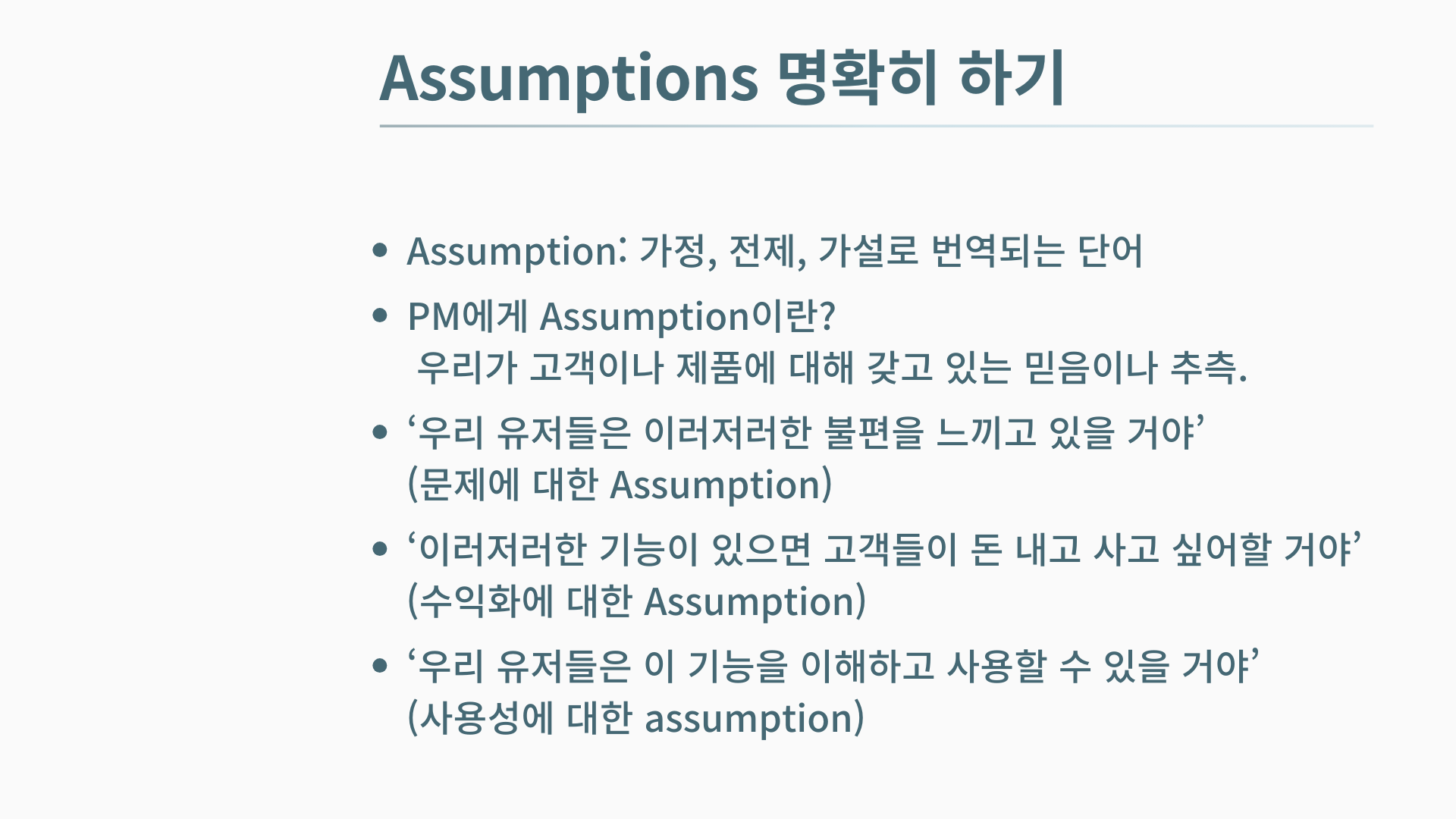
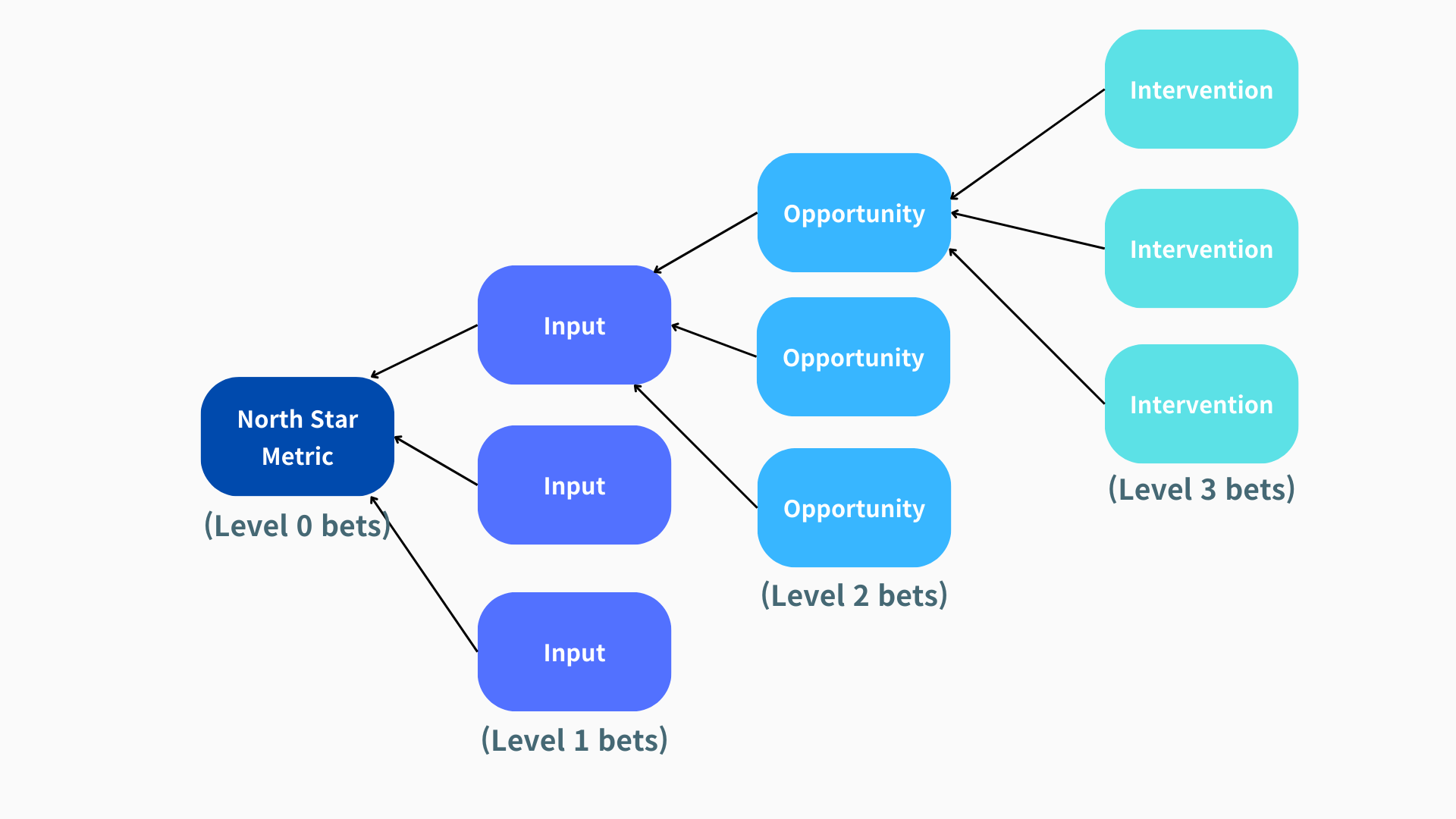
, 리텐션(Retention) (1) Activation.png)
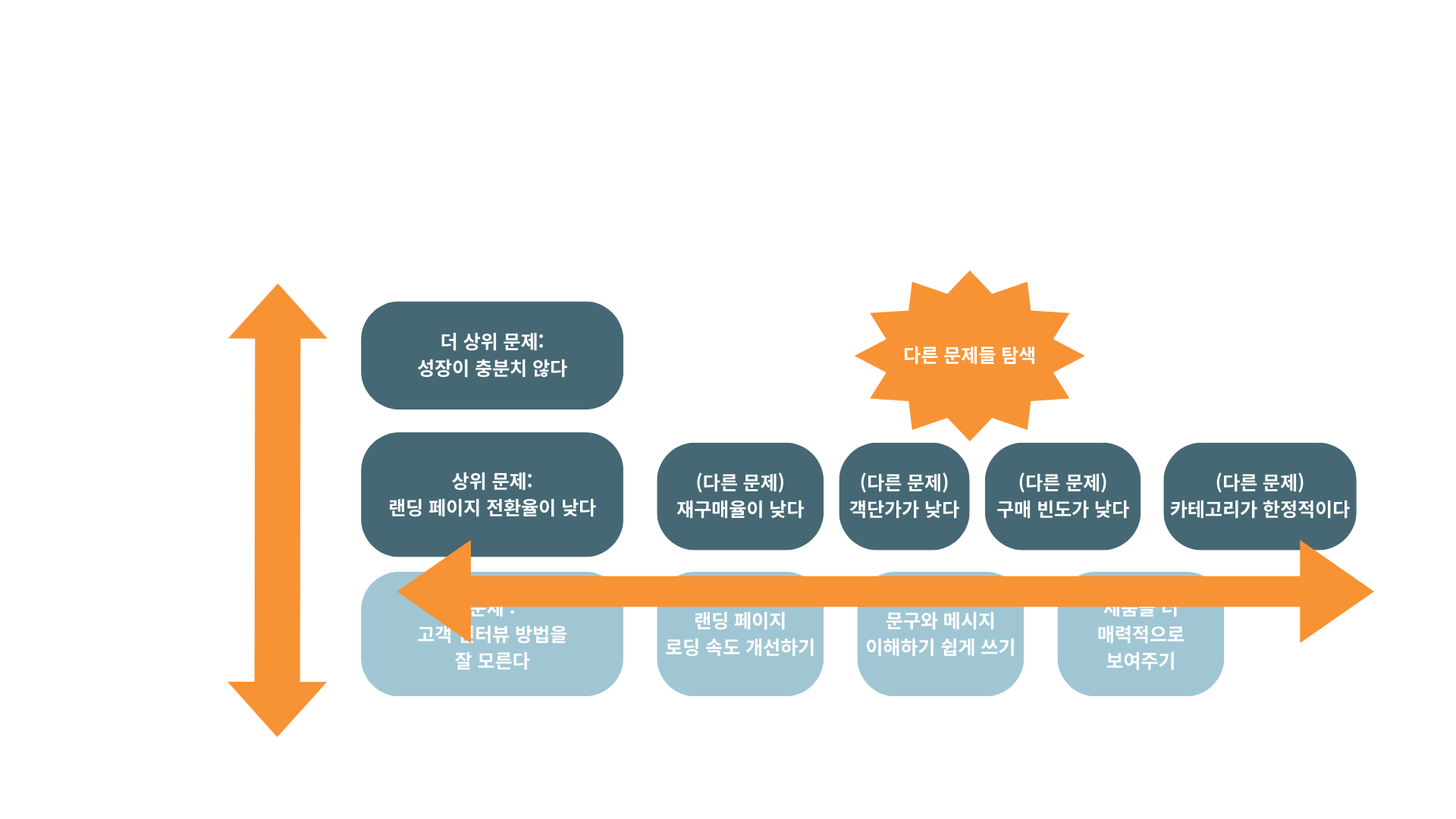
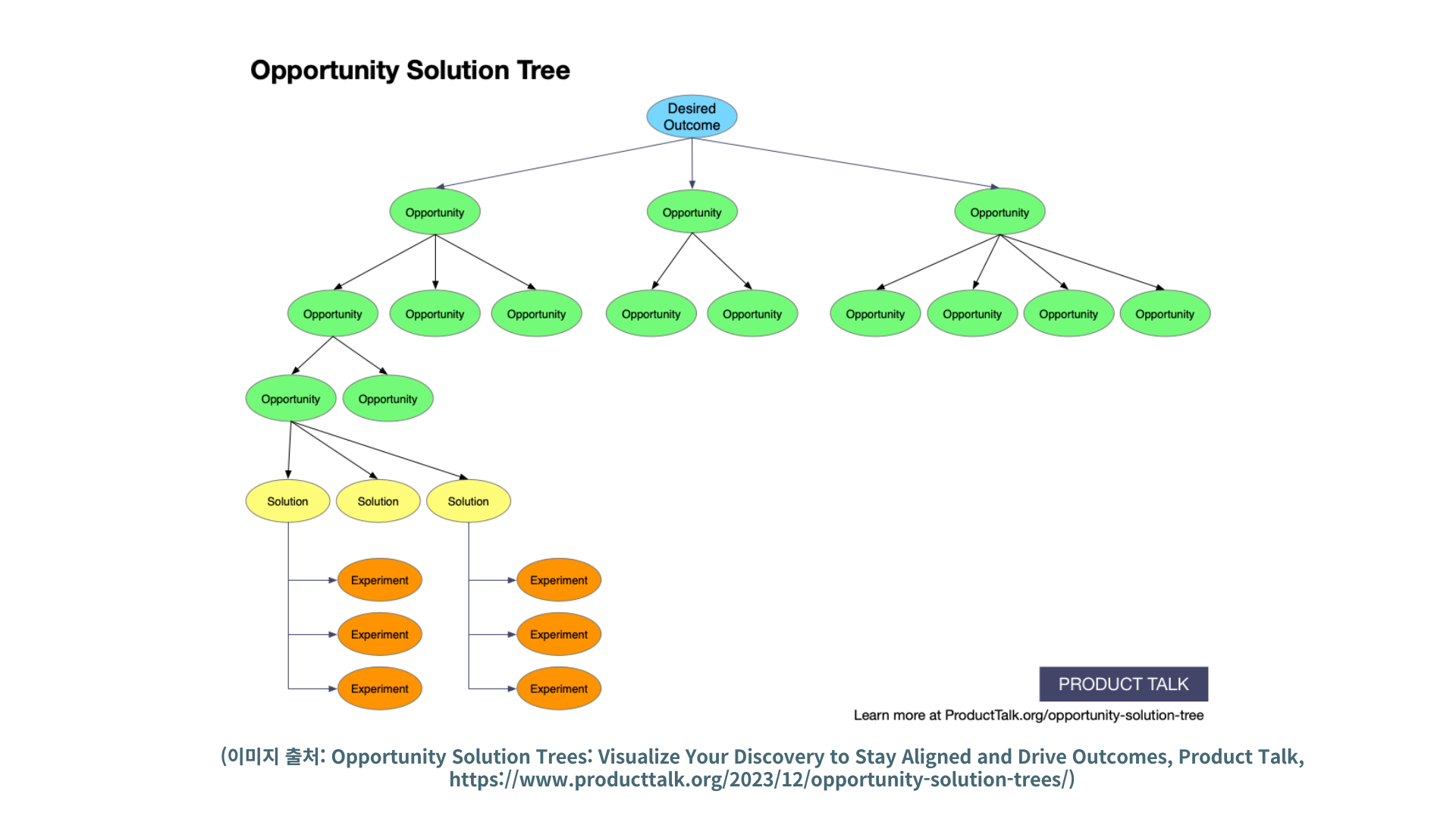
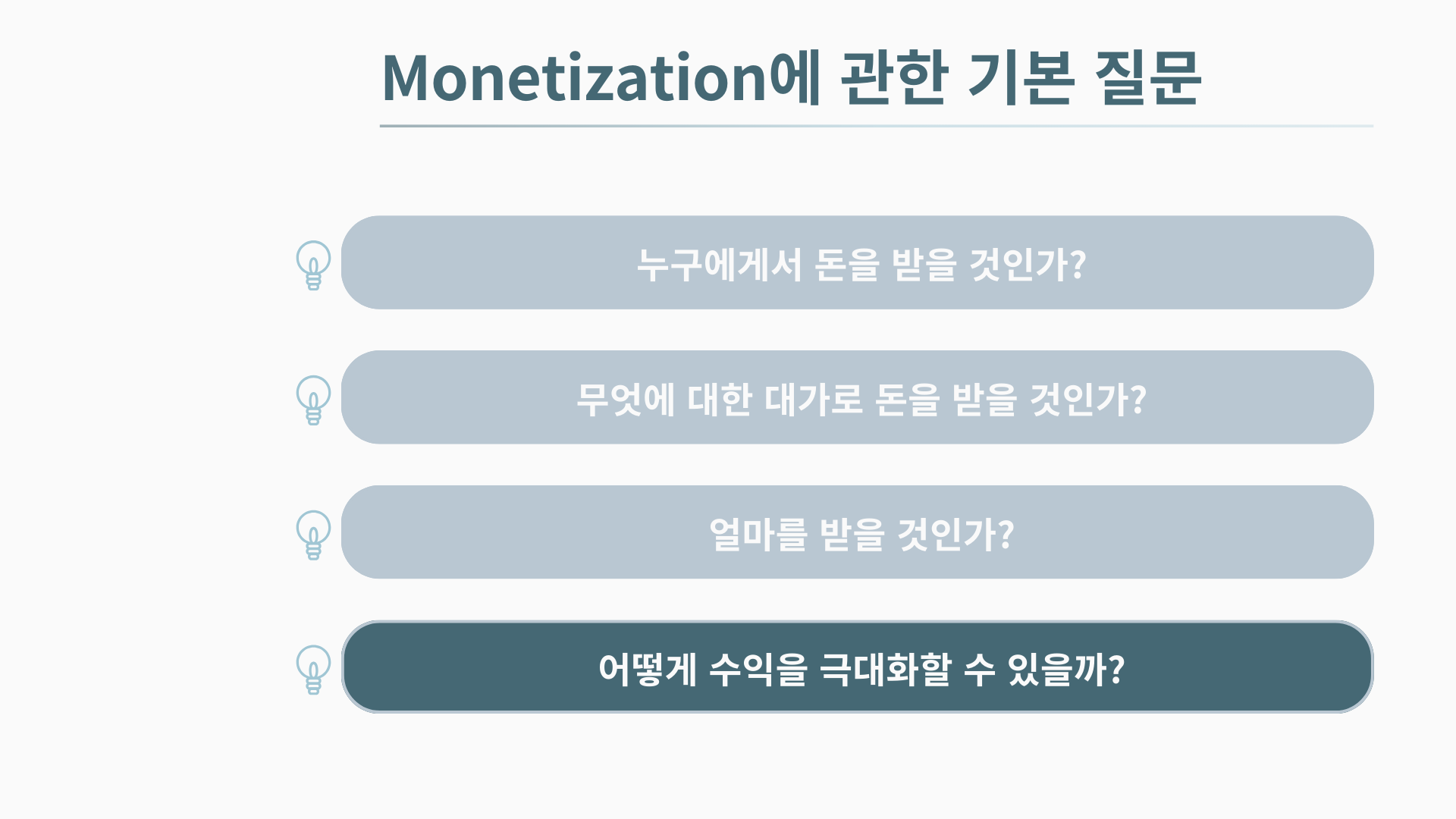
.png)
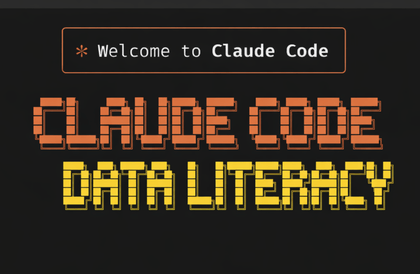
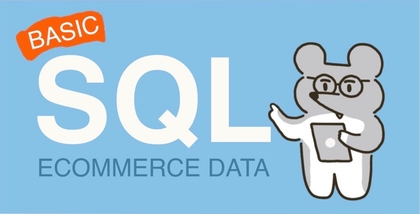
![[Job Essential - Real-world Method] Service Planning: Creating a Figma UX Flow in 10 MinutesCourse Thumbnail](https://cdn.inflearn.com/public/files/courses/340323/cover/01kev8vd8z1tkyrehkk9k5s1x8?w=420)
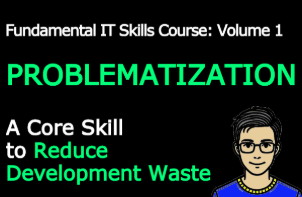
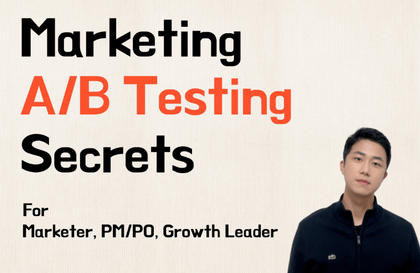
![[Infraon] PM/PO Meetup (with Kim Min-woo)Course Thumbnail](https://cdn.inflearn.com/public/courses/333932/cover/dae6c081-cc55-4cf0-a519-a562654b2c55/333932.png?w=420)
![[Kim Jaesung's Q&A Episode #1] What are the concerns of a 15-year veteran IT development team leader at a major corporation? (Warning: massive scale)Course Thumbnail](https://cdn.inflearn.com/public/files/courses/339946/cover/01kc5fvd6p52kb9z8p2davjs9c?w=420)
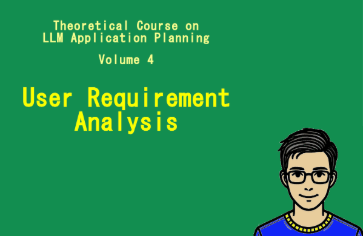
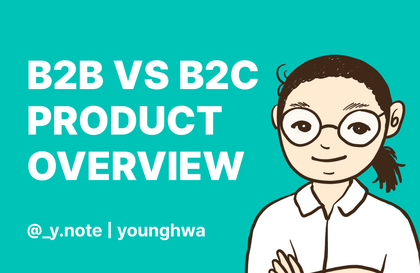
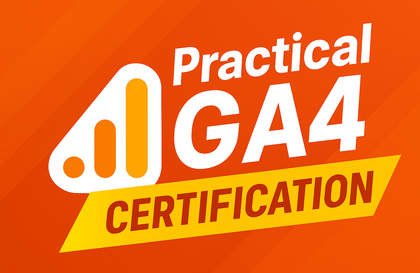
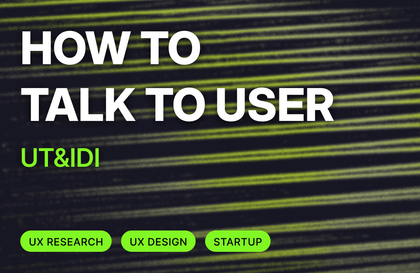
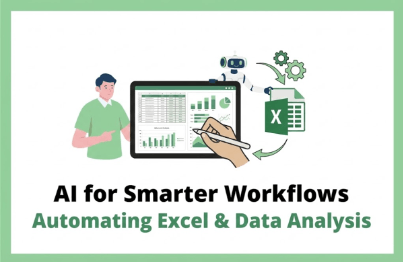
![[Game Planning/PM]Operation Tool/Back Office and Data Analysis PlanningCourse Thumbnail](https://cdn.inflearn.com/public/courses/333099/cover/716ba2cd-d746-495c-9499-4c1298d5b464/333099.png?w=420)
